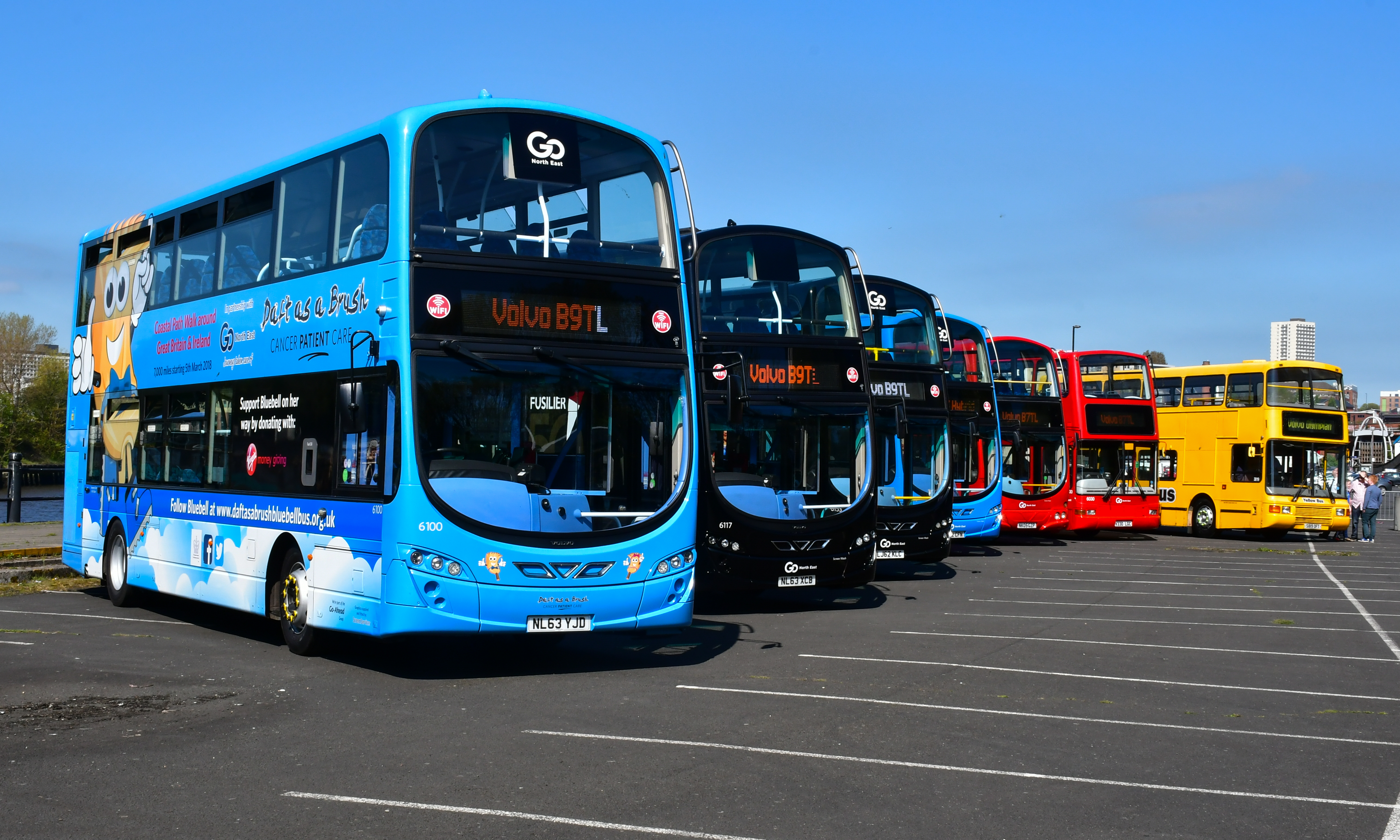May 13 2024
While increased recognition for the industry is positive, Labour needs to work on its policy should it win the general election, writes CPT President Paul Lynch.
When I started in the bus industry in the 1980s, it had a poor image and a low profile. Then, as now, it was the pre-eminent public transport mode, but barely featured in national debates and certainly not positively.
Then we went from a Conservative Prime Minister in Margaret Thatcher who seemed to deride the mode and its users to one in Boris Johnson who loved all things bus.
Today, the industry’s image remains an issue in some areas, but its profile is far better and we have a government and opposition who both know they must take coach and bus seriously.
An improved profile and knowledge of the industry’s role and impact helped secure vital funding during the pandemic from the UK, Scottish and Welsh governments that kept the industry alive and, in various forms in the different nations, is still aiding the recovery.
The key planks surrounding what Labour will campaign on regarding buses in the upcoming general election provide further evidence of this too.
Okay, buses don’t get a mention in the bullet points that support Labour’s five new Missions, nor in its 10 Policies to Change Britain.
But the party’s intentions for buses have been among the first policy areas to be described in a bit more detail, in this case by Louise Haigh, the Shadow Transport Secretary.
With so much requiring attention right now, a likely government in waiting wouldn’t have done this unless its members knew this was a policy area that matters to a large constituency of voters (our customers) and contributes to so many of Labour’s other aims and ambitions.
There are five points in Labour’s bus plan to “allow communities to take back control”. Three cover what we’ve known for a long time — franchising and municipalisation (or “public ownership”).
One states there will be flexibility on how various funding streams can be used, and the fifth promises to safeguard local networks via as yet unspecified measures to make operators more accountable and raise standards.
Ms Haigh also admitted recently on LBC Radio that, “in certain areas of the country, franchising won’t be the right model”.
So, there’s plenty of detail still required and, of course, we can argue with the party’s analysis of the current market and how it got here.
Plus, changing the regulatory regime won’t of itself make services better; English local authorities already have plenty of tools at their disposal — for example, through Enhanced Partnerships, but bus priority would transform reliability, and that’s not mentioned.
Also troubling, though hardly surprising given the current economic situation, is Labour’s rather hopeful belief that improvement won’t require additional funding. Flexibility over Bus Service Operators Grant, or whatever, is not going to take local authorities very far.
What customers want, and Labour seems to be promising, is more bus services that are quicker and more reliable. That will require cash.
One thing Manchester needed to get its franchising scheme off the ground was a great deal of that from central government and, of course, a lot of that has been — and will continue to be — spent on just running the system there, much as in London. Never mind improvements.
Whether you believe franchising and public ownership are right or not, in themselves they are not enough to achieve what Labour wants, especially without more funding.
Having a high-profile bus industry these days is undoubtedly a positive, and it’s good that a possible future government sees a prominent role for our industry, but there’s clearly work to do for their current plans to deliver the outcomes they seek.
The Confederation of Passenger Transport (CPT) launched its own bus manifesto, Driving Britain Forward, for that purpose so I commend it to Ms Haigh, and encourage you all to use it in your local stakeholder efforts. Now is the time.
First published 12 May 2024 Route One magazine.
